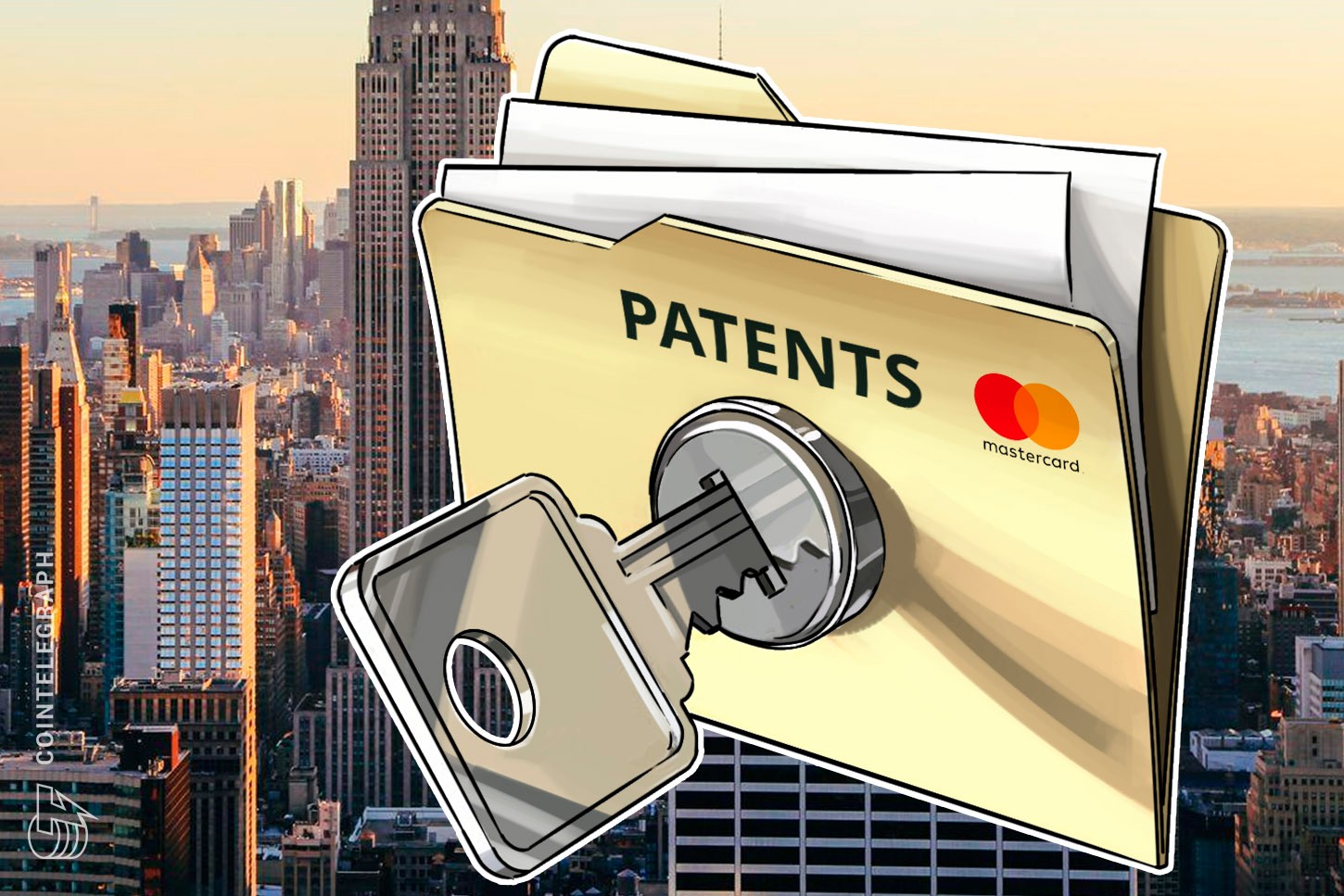Mastercard has filed a patent for a system to speed up the activation of new nodes in a blockchain, in an application published by the U.S. Patent and Trademark Office (USPTO) April 26.
The application, which was first filed on October 24, 2016, outlines that the current difficulty facing new nodes – a computer connected to the blockchain network that stores a copy of the blockchain – is that they are required to individually verify a massive amount of data in order to activate. The patent states that new nodes must verify “thousands, millions, or even billions of transaction records […] in a vast number of different blocks” that may have accumulated over time in a given blockchain, generating a significant delay before each new node can begin to participate in the network.
The patent proposes a technical solution for faster navigation, in which “fast track flags” would be included in block headers, so that new nodes could scan and verify the blockchain at greater speed:
“A node in the blockchain network […] may quickly navigate the blockchain by identifying blocks that have activated fast track flags. For verification, the node may identify the earlier fast track block (e.g., based on timestamp) and hash that block […] and then verify that the fast track reference in the more recent fast track block is the same as the hash of the earlier fast track block.”
The patent also outlines the use of software specifically configured to perform querying, hashing, and signatory operations, that would further enhance system efficiency.
Mastercard Labs has reportedly filed for over 30 “patents related to blockchain tech and cryptocurrency” to date. On April 12, USPTO published a Mastercard patent application for tamper-proof distributed storage of identity data on a blockchain system that would prevent abuses, such as identity fraud. In Oct. 2017, the company launched a blockchain system offering business-to-business payments, and submitted a blockchain tech patent for instant payments a month later, in Nov. 2017.
Overall, the company appears to be vigorously pro-blockchain, yet anti-Bitcoin: in Oct. 2017, the company’s CEO scorned non-government issued cryptocurrencies as “junk.” This March, a senior Mastercard executive reiterated that the company is receptive to central bank-issued digital currencies only.


